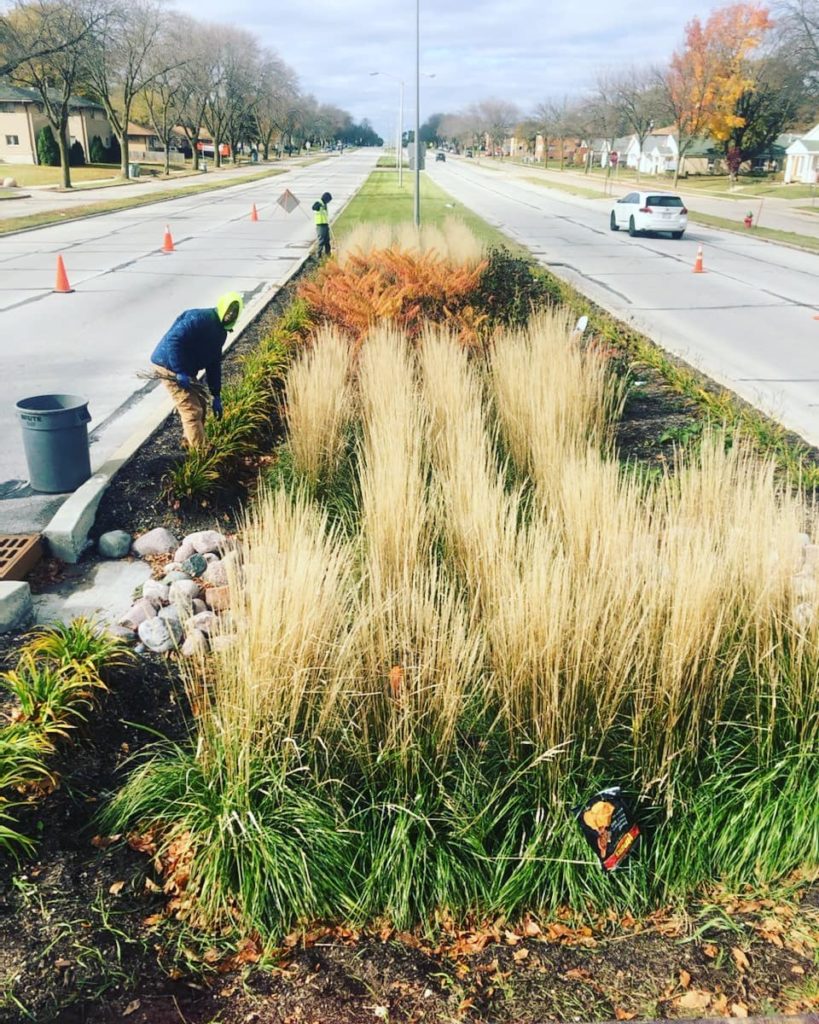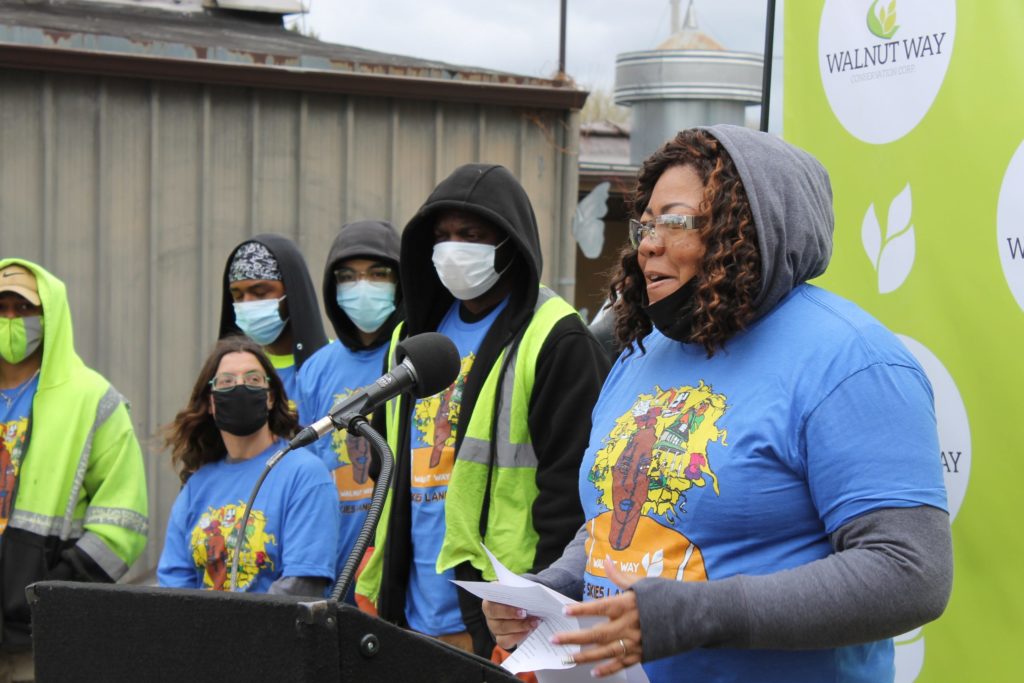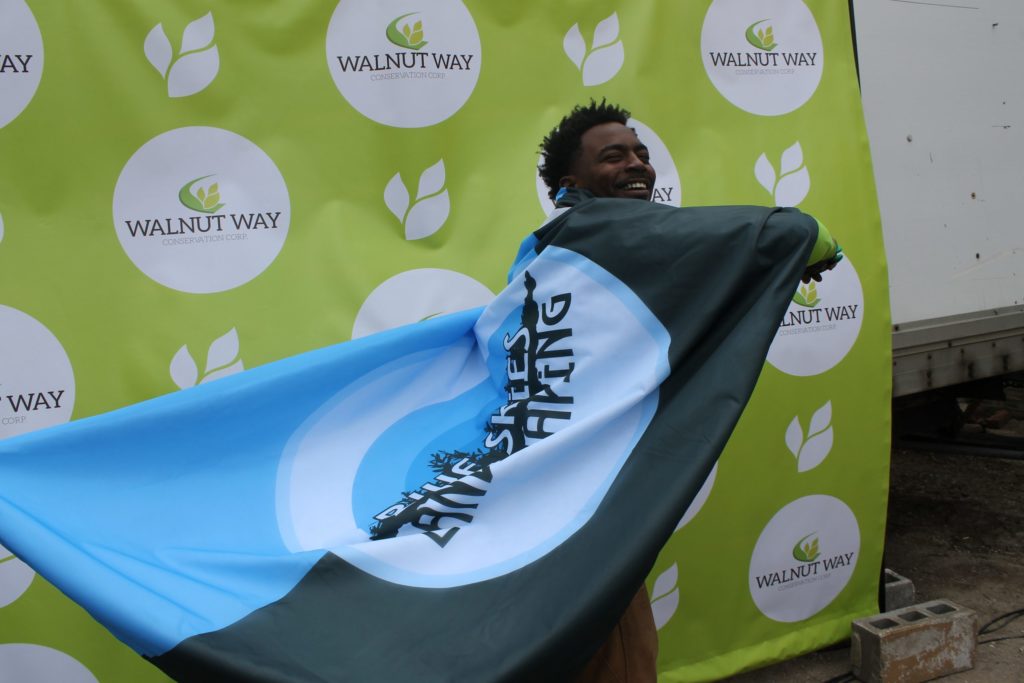Baltimore and Milwaukee are two different cities, home to different communities with different needs. However, both of these cities are also home to a local organization dedicated to elevating and supporting its local community, specifically through climate resiliency. Both Power52 in Baltimore, MD and Walnut Way Conservation Corp in Milwaukee, WI have well-established workforce development programs to support individual residents with training for green job opportunities. The impact of these programs (which are only one of many tools the organizations use to support their communities) then spreads as knowledge, resources, and solutions are shared and community involvement is sparked and sustained.
Black and Brown communities, which are often the hardest hit by climate change, are also the center of systemic inequities that render their communities more vulnerable to energy inefficient housing, inadequate energy utilities and extreme weather events. These inequities also show up in the lack of and difficulty accessing resources needed to create and protect more resilient communities. Power52 and Walnut Way are working directly to change that narrative with the implementation of their work through the Partnership for Resilient Communities (PRC).
Walnut Way supports residents of Lindsay Heights in reclaiming and redeveloping the economic health of their community which has routinely faced disinvestment since the late 1950s, including through the destruction of thousands of homes and thriving businesses for freeway expansion. One of the ways the Walnut Way does this is through Blue Skies Landscaping Program, its workforce development operation. Blue Skies Landscaping provides a full range of landscaping services to the local community and provides job training and employment for those who have traditionally faced employment barriers. The impact on the Lindsay Heights community has been undeniable, with green infrastructure, including bioswales, solar systems, green roofs, continuing to be developed around the community. To date, Blue Skies Landscaping has been able to retain 16 full-time employees, compared to the 2018 and 2019 peak of 11 crew members. Its growing capacity was recently celebrated through the establishment of its new headquarters, which is in direct response to the program’s increased need for equipment storage, training, facilities, and offices.
“Our vision for Blue Skies Landscaping is bold,” Antonio Butts, Executive Director for Walnut Way, said at the time of the building acquisition earlier in April. “We are investing in a community that has been systematically overlooked and ignored for far too long. When we work together to create intentional investment into our communities, the sky is truly the limit. Working collectively, we can create community resilience and reverse systemic disinvestment.”
Roughly 800 miles away in the city of Baltimore, Power52 has also been focusing on its workforce training. Born out of the unrest that followed the 2015 death of Freddie Gray, Power52’s cofounders started thinking about how they could support their community. They decided to attack the issue of unemployment, particularly for those who have traditionally faced barriers, and introduce participants to a robust, growing industry.
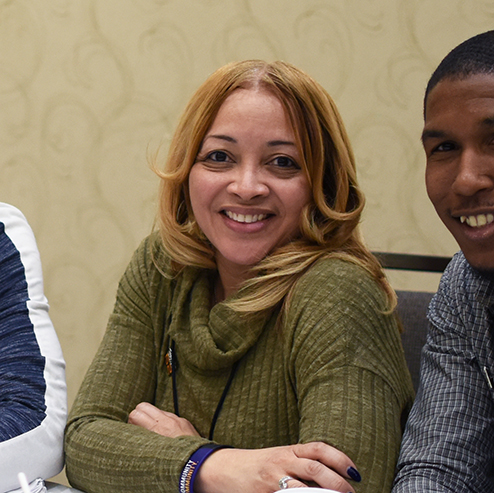
“Power52’s approach is innovative to addressing the renewable energy industry’s workforce challenges because we tap into a population that is in need of work but also has many barriers to employment that provide a living wage and opportunities for upward mobility,” President, CEO and Co-founder Cherie Brooks told ISC in a statement earlier this year. “It is Power52’s mission to bolster community awareness in an effort to foster social and economic empowerment as it pertains to jobs, financial savings, and emergency assistance brought forth through access to clean and renewable energy.”
The organization’s 16-week training program prepares participants for a future in the energy industry armed with the necessary credentials needed to succeed and supports graduates through job placement assistance. Despite the challenges of continuing the program during a global pandemic, Power52 doubled down on its recruiting efforts and enjoyed the enrollment of three of its largest classes, as well as increased participation from women. Recently, 25 participants enrolled in its 16th cohort and Power52 continues to engage its community, through its Testimonial Tuesday campaign and other events, to bolster its recognition within communities.
Brooks acknowledges that job training is only one step when it comes to addressing the deeply-rooted, systemic issues of race and climate justice, but it is a necessary one, particularly as we work toward a more sustainable future. However, strengthening the community’s collective knowledge, and thus the collective impact, particularly when it comes to climate resiliency and clean energy is a type of “currency” for communities, as Butts explained.
“Beyond emergencies, in any community, it is critical that there is neighborhood-level knowledge, skill, and expertise in the climate field because being ‘climate-resilient’ has a quantifiable value,” he told ISC earlier this year.
“As we provide access to living-wage careers, our participants are more able to advocate for bigger picture issues affecting their communities. As they gain knowledge about renewable energy and work in the sector, they are able to find a perspective and voice on the disparities and systemic barriers that drive many climate, health, land use and economic policy issues in their communities, and their solutions,” Brooks noted. “They will be better positioned to advocate for others in the same situation and push policy that improves outcomes for themselves, their families and their communities.”
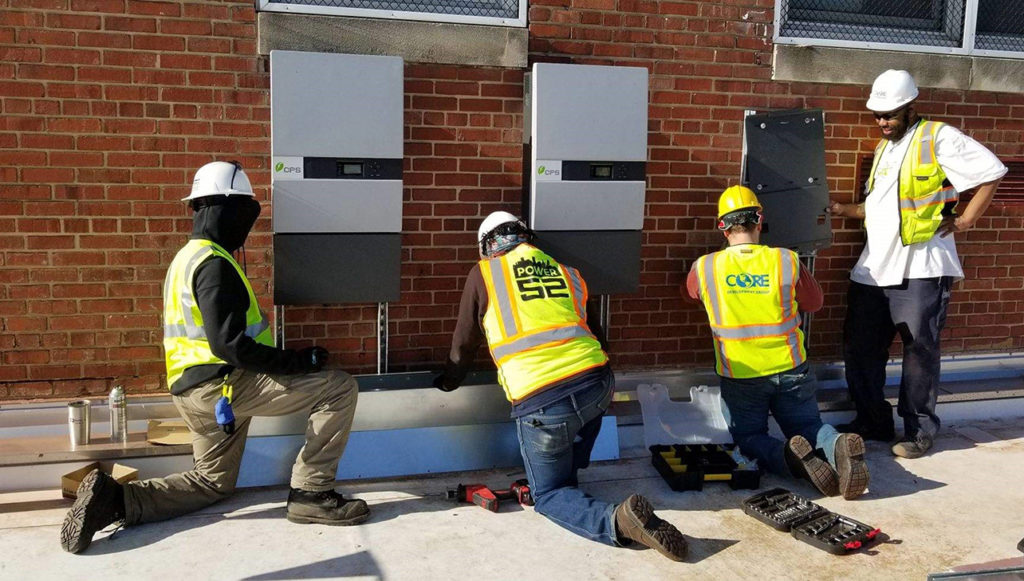
It’s through supporting this sort of development that we can continue to ensure the health of our communities. And it is through supporting local leaders doing the work and supporting influence-building, progressive policy, community education and engagement, and other green initiatives that PRC seeks to unleash the power of Black and Brown communities that are moving toward a brighter, more sustainable future.
Butts added, “[The vision for the community is] that it is economically self-sustained, with cross-sector governance structures that create equitable opportunity for everyone and is both environmentally and socially progressive especially for Blacks and other people of color.”

